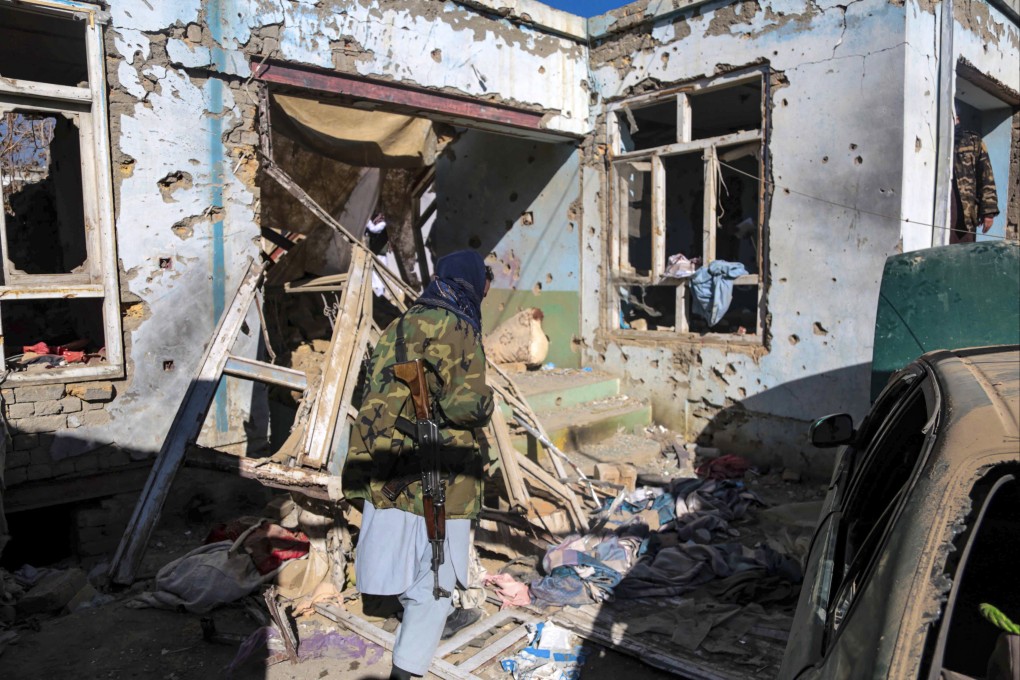Advertisement
Why Isis offshoot is still a threat for China’s businesspeople in Afghanistan
- Despite Taliban assurances that security is ‘guaranteed’ for Chinese nationals and other foreigners, militant attacks likely to continue, observers say
- Isis-K claims it has legitimate reasons to attack China’s interests in the war-torn country
Reading Time:4 minutes
Why you can trust SCMP
24

Chinese nationals will remain a target in 2023 for an Islamic State offshoot operating in Afghanistan, because of China’s alleged suppression of ethnic Uygur minorities in Xinjiang, according to analysts.
China’s ties with the Taliban will add to the risks for its citizens in Afghanistan as the Islamic State Khorasan (Isis-K) militant group tries to undermine the regime by raising doubts over its security guarantees for foreign investors, they say.
Five Chinese nationals were seriously wounded last month when armed men opened fire at a Kabul hotel catering to businesspeople from China, in an attack claimed by Isis-K, also known as ISKP.
Advertisement
“I definitely expect … similar attacks in the future, against the interests of countries that are attempting to forge close relations with the Taliban regime,” said Faran Jeffery, deputy director and head of the South Asia terrorism desk at the Britain-based Islamic Theology of Counter Terrorism (ITCT).
“[Isis-K] has referred to China’s communist godless nature … its oppression of Uygur Muslims and its relationship with the Afghan Taliban as legitimate reasons to attack its interests in Afghanistan.”
Advertisement
Isis-K, an offshoot of the central Isis core group, rose to prominence in late 2014 in southern and eastern Afghanistan, according to independent policy research and advocacy institute the Midstone Centre for International Affairs (MCIA).
Advertisement
Select Voice
Select Speed
1.00x
